Advancing Access and Belonging
We are pleased to share the successful conclusion of our ‘Raising Awareness and Advancing Disability Inclusion in the Christian Community’ project. This program was made possible through a Vital Worship, Vital Preaching Grant from the Calvin Institute of Christian Worship, Grand Rapids, Michigan, with funds provided by Lilly Endowment Inc.
During this project, we consulted with four congregations in Michigan, Texas, Washington, and California. The Faith and Spirituality team visited each congregation to lead accessibility and inclusion training, conduct accessibility audits of the physical spaces and community practices, and meet with congregational leaders to support strategic planning. Our team convened two virtual gatherings which included training on the foundations of disability inclusion and digital accessibility and facilitated discussions among cohort members to learn from each other’s successes. We created a series of resources for the congregations. [continue reading…]


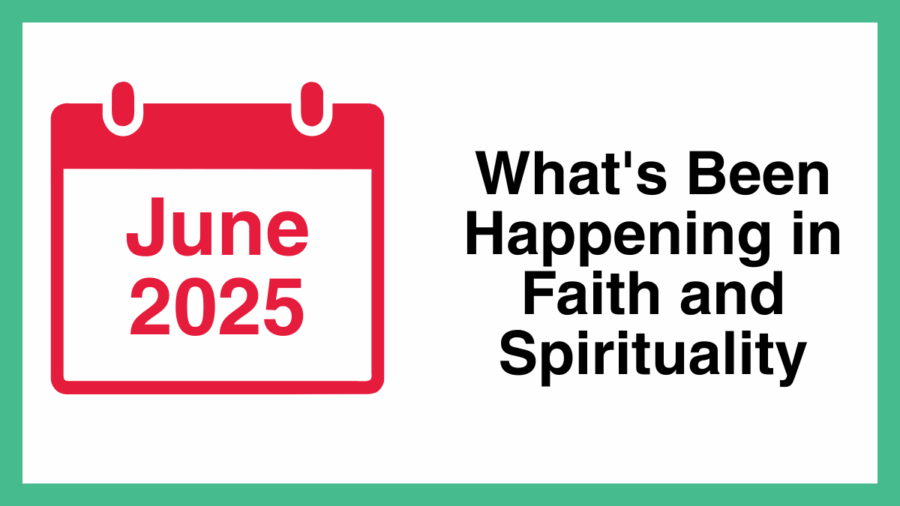
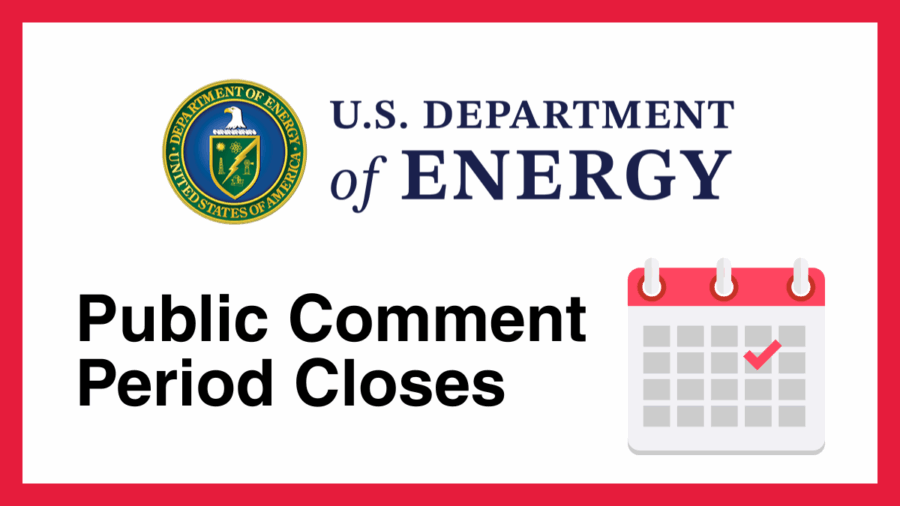
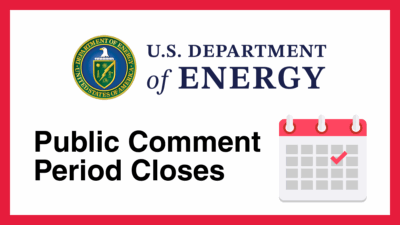 The U.S. Department of Energy (DOE) recently proposed rolling back two long-standing regulations—10 CFR 1040.73 and 10 CFR 1040.72(c) & (d)—that help enforce
The U.S. Department of Energy (DOE) recently proposed rolling back two long-standing regulations—10 CFR 1040.73 and 10 CFR 1040.72(c) & (d)—that help enforce 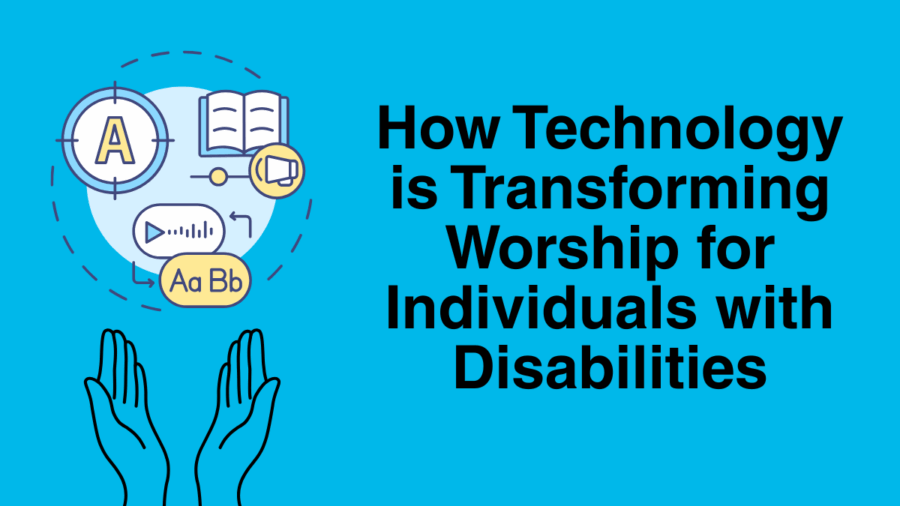
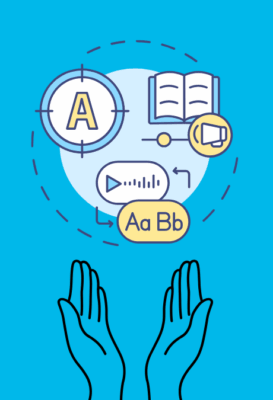 Technology is expanding access to faith and community, transforming worship spaces into environments where disabled people can fully belong, participate, and lead. As faith communities work to become more inclusive, tools like assistive technology, digital platforms, and artificial intelligence are creating new possibilities for connection and spiritual growth.
Technology is expanding access to faith and community, transforming worship spaces into environments where disabled people can fully belong, participate, and lead. As faith communities work to become more inclusive, tools like assistive technology, digital platforms, and artificial intelligence are creating new possibilities for connection and spiritual growth.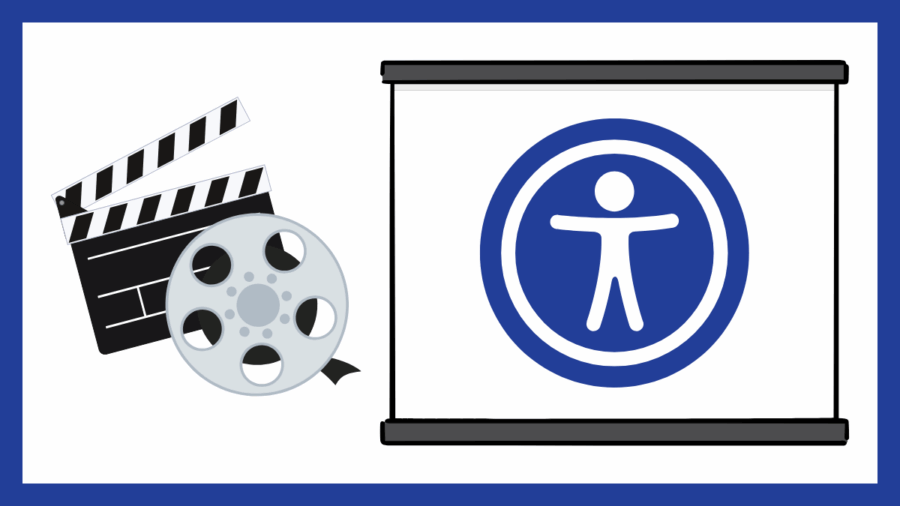
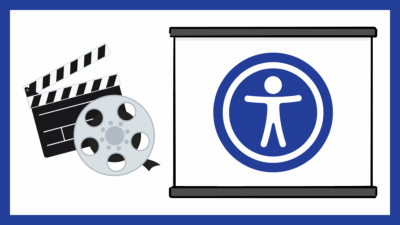 Media portrayals of disabled people are often limited to antiquated tropes or couched in ableist assumptions. Ensuring the lived experience of disabled people in faith-based content affirms that every human being has value and must be treated with respect.
Media portrayals of disabled people are often limited to antiquated tropes or couched in ableist assumptions. Ensuring the lived experience of disabled people in faith-based content affirms that every human being has value and must be treated with respect.

 The Bentonville Film Festival (BFF), taking place June 16-22, is highlighting several disability-inclusive films. Chaired by Academy Award winner Geena Davis, BFF champions women and diverse voices.
The Bentonville Film Festival (BFF), taking place June 16-22, is highlighting several disability-inclusive films. Chaired by Academy Award winner Geena Davis, BFF champions women and diverse voices.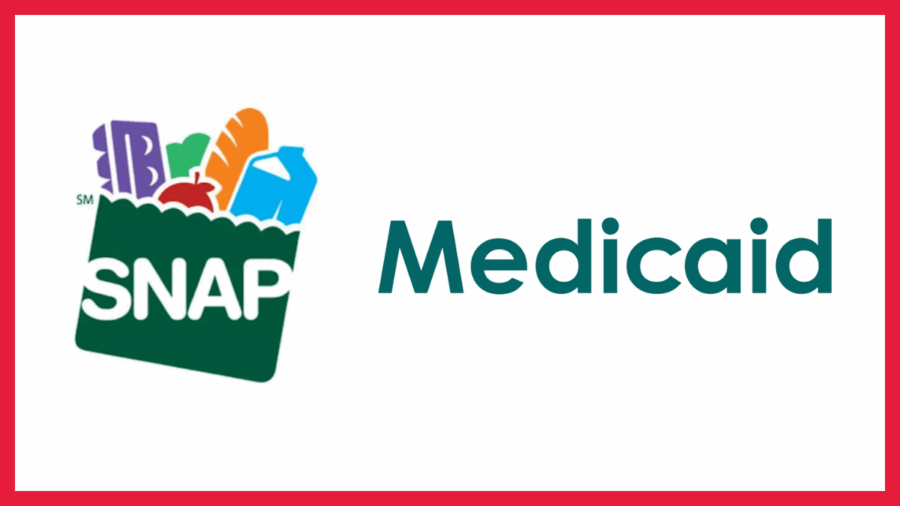
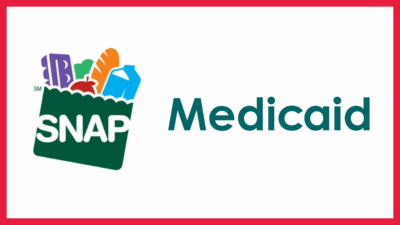 On behalf of Disability Belongs™, a diverse, nonpartisan, disability-led nonprofit that drives cultural and policy change, we express deep concern about proposed federal budget cuts to essential programs that millions of Americans rely on—especially people with disabilities, older adults, and underserved communities.
On behalf of Disability Belongs™, a diverse, nonpartisan, disability-led nonprofit that drives cultural and policy change, we express deep concern about proposed federal budget cuts to essential programs that millions of Americans rely on—especially people with disabilities, older adults, and underserved communities.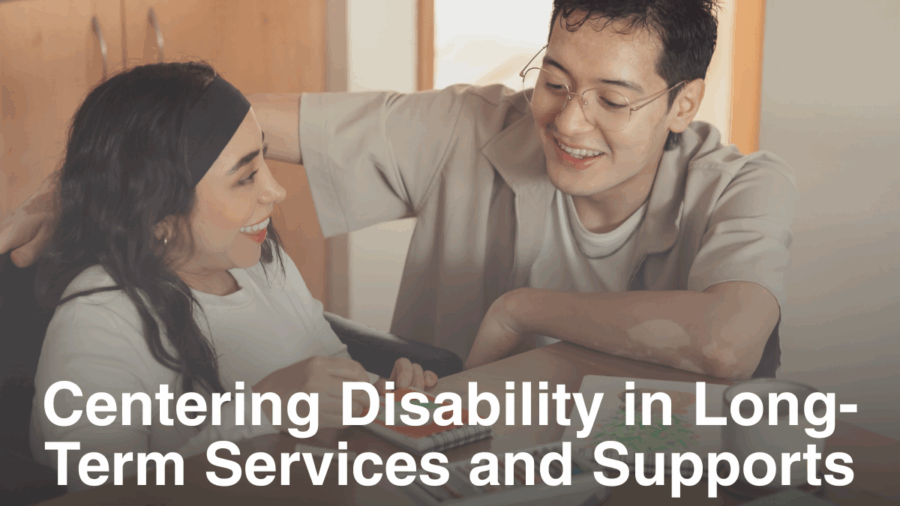
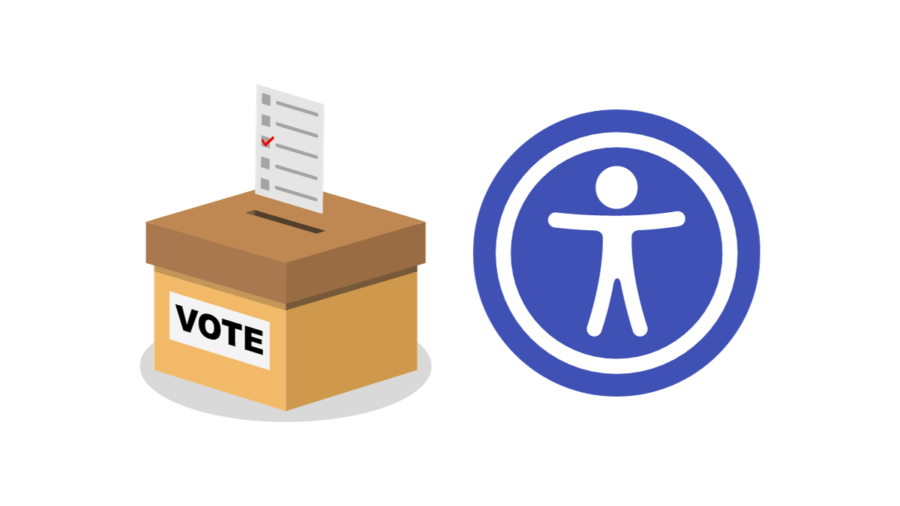
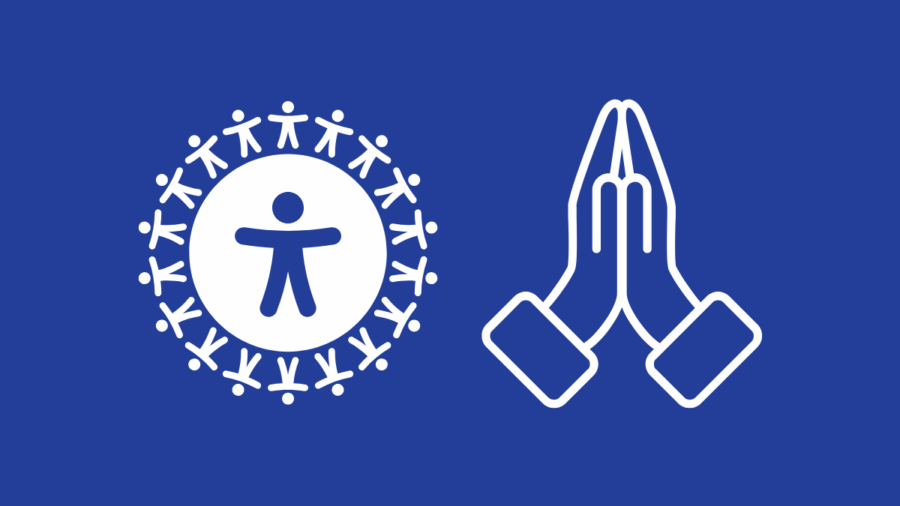
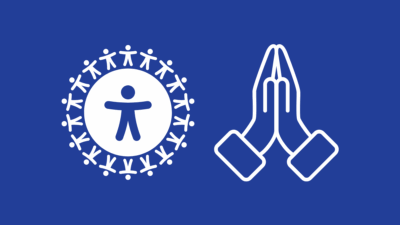 Community and belonging are central to many faith and spiritual traditions. Yet, people with disabilities face many barriers to access and inclusion. Addressing these barriers acts as a catalyst not just for participation, but for true belonging. Shifting the conversation from “can people with disabilities attend our worship services?” to “who is missing from our gatherings, and what would it take to make everyone feel seen, heard, and valued here?” demonstrates how accessibility can move beyond welcoming to create genuine belonging.
Community and belonging are central to many faith and spiritual traditions. Yet, people with disabilities face many barriers to access and inclusion. Addressing these barriers acts as a catalyst not just for participation, but for true belonging. Shifting the conversation from “can people with disabilities attend our worship services?” to “who is missing from our gatherings, and what would it take to make everyone feel seen, heard, and valued here?” demonstrates how accessibility can move beyond welcoming to create genuine belonging.


